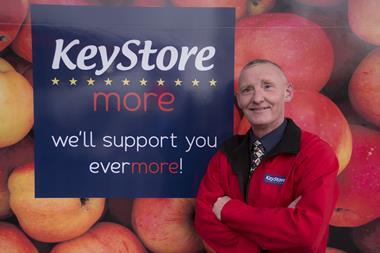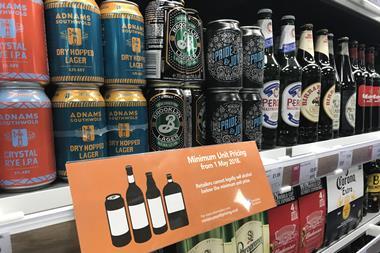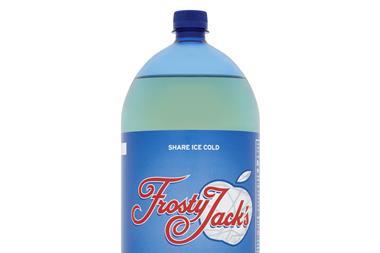Minimum Unit Pricing: what is the verdict?

All eyes are on Scotland as the first UK nation to have adopted Minimum Unit Pricing on alcohol. The jury was out ahead of its introduction in May. Now, several months on, what is the verdict from retailers?
ALREADY HAVE A REGISTERED USER ACCOUNT? PLEASE LOG IN HERE
To read the full story join the ConvenienceStore.co.uk community today!
Registration is quick and easy and provides access to:
- Unlimited ConvenienceStore.co.uk articles
- Our great range of newsletters
- Content you’ve saved for later via the ‘my library’ feature
And much more…

























